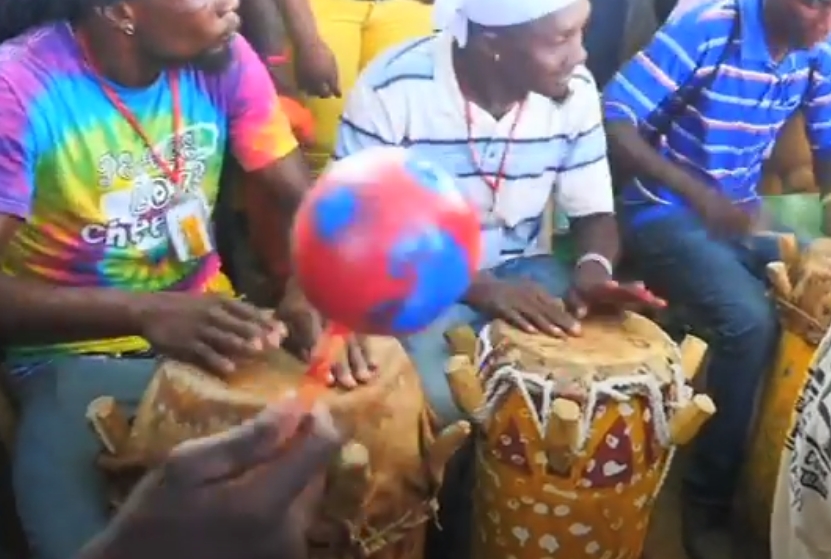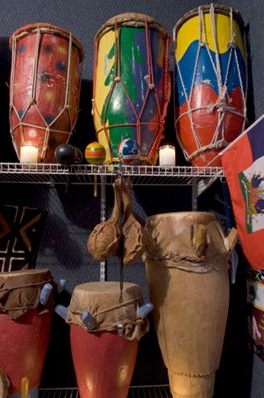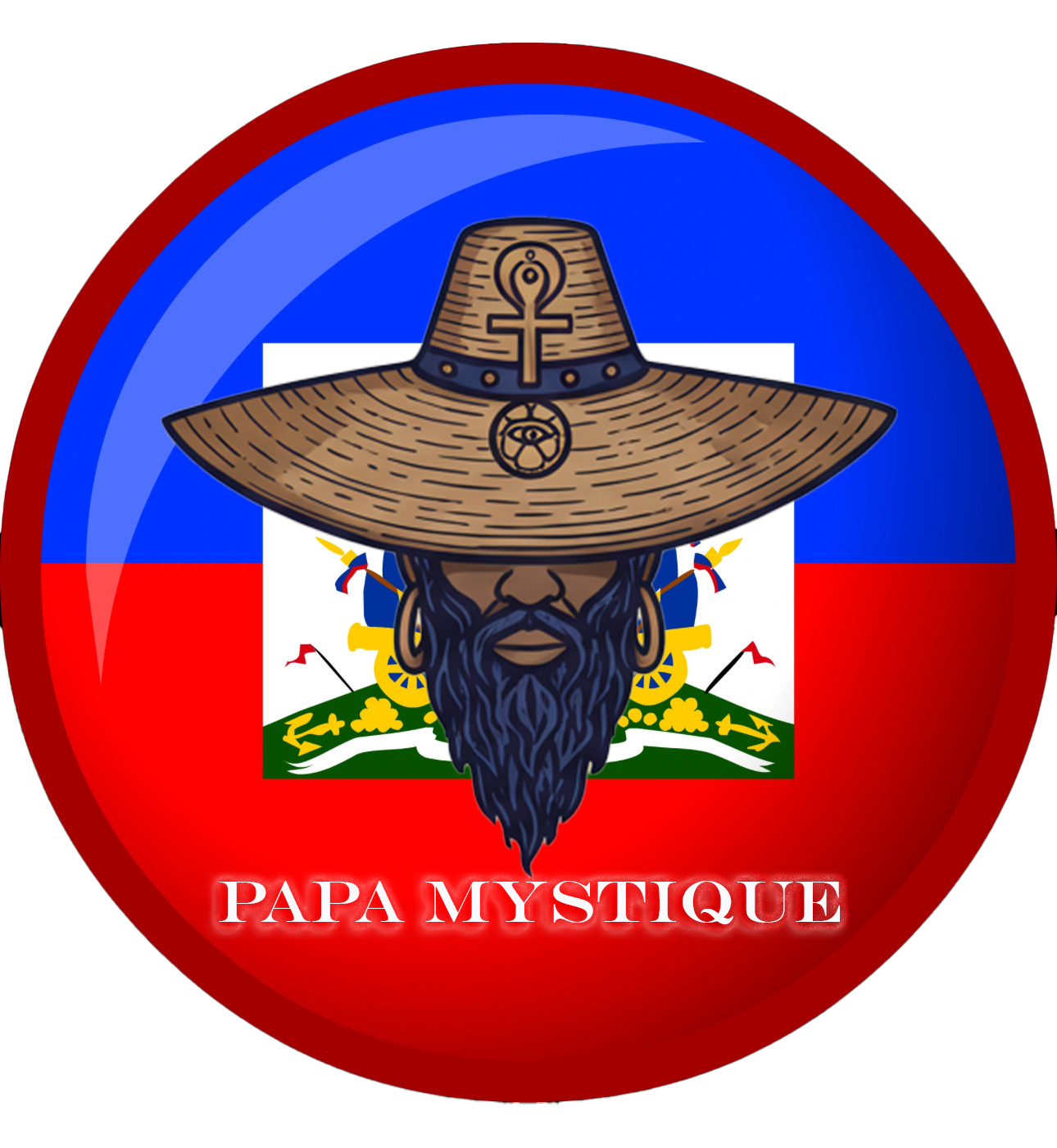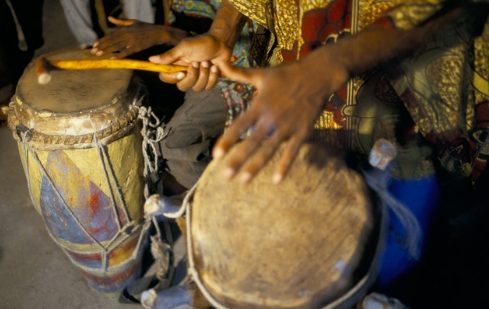Drumming is the heartbeat of Vodou ceremonies, serving as a bridge between the physical and spiritual realms. The rhythmic patterns played on traditional drums, such as the manman, segon, and boula, create an energetic frequency that calls forth the Lwa. Each spirit has its own rhythm, known as a tanbou, which signals its presence and sets the tone for ritual interactions. The drum rhythms are not random; they follow a sacred structure that guides the flow of the ceremony, ensuring that practitioners and spirits move in harmony.
The drum is not just an instrument; it is the voice of the ancestors, calling us to remember, to dance, and to awaken.
Beyond summoning the Lwa, drumming plays a vital role in inducing trance states. As the beats intensify, participants may begin to feel the energy of the spirits, allowing possession to take place. In Vodou, spirit possession is a sacred moment when a practitioner temporarily becomes the vessel for a Lwa, delivering messages, healing, or wisdom to the community. The drum rhythms act as a guide, leading the spirit into the body and helping the possessed individual navigate the experience. This trance-inducing power highlights the drum’s ability to transform and elevate consciousness.


Drumming in Vodou is also deeply communal. It unites participants in a shared spiritual experience, reinforcing bonds between individuals and the divine. The call-and-response nature of Vodou music encourages participation, whether through singing, dancing, or clapping along to the rhythms. This collective energy strengthens the spiritual connection within the community, making the ceremony not just an individual experience but a collective one. The drummers themselves are highly respected, as their skill and knowledge of sacred rhythms are essential for maintaining the integrity of the ritual.
Closing Thoughts and Essential Insights
The role of drumming in Vodou ceremonies goes beyond music—it is a sacred language that speaks to the spirits and the soul. It carries the wisdom of the ancestors, the power of the Lwa, and the unity of the community. Without the drum, Vodou rituals would lose their essence, as it is through rhythm that the unseen world becomes tangible. To listen to the drums is to hear the pulse of Vodou itself, echoing through time and space.


Leave a Reply